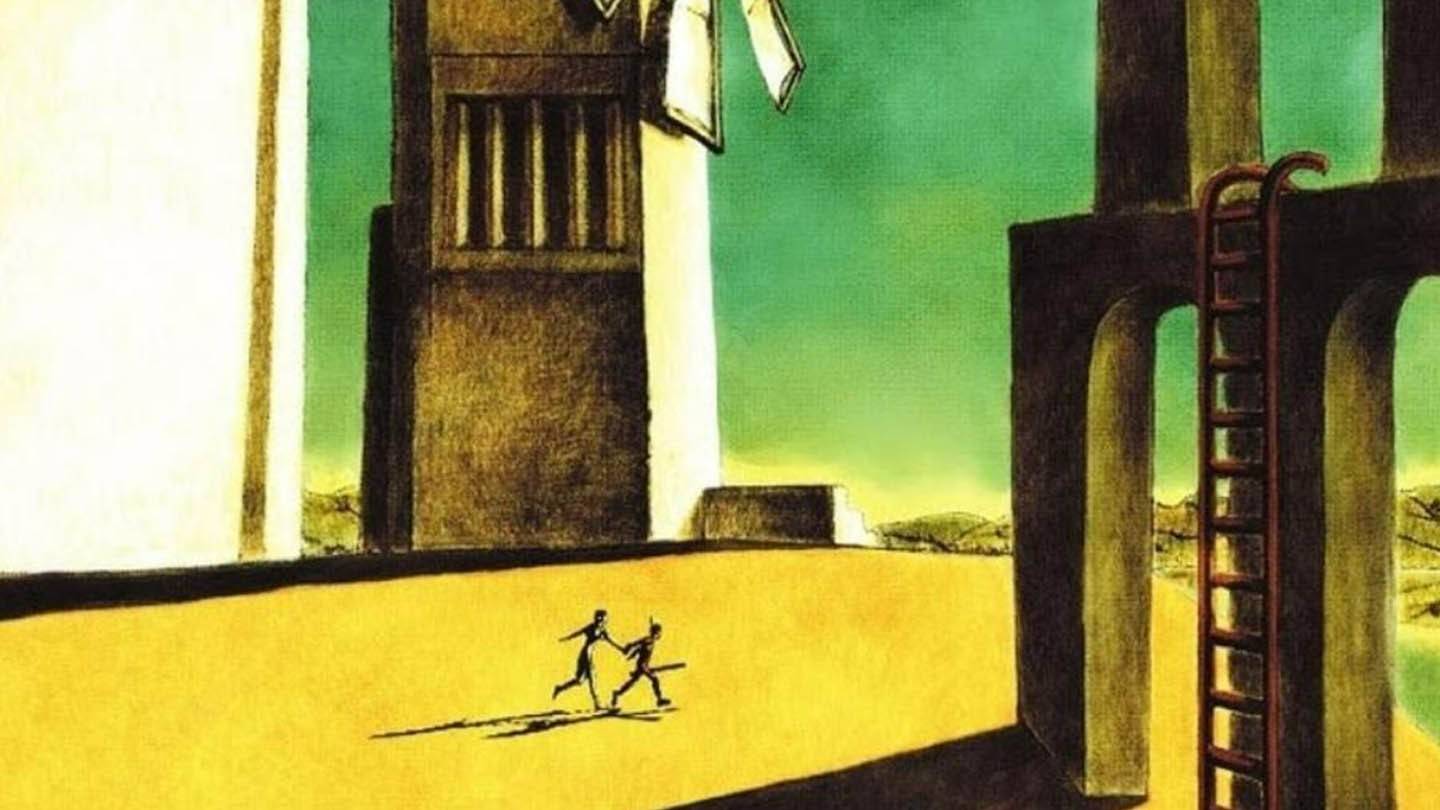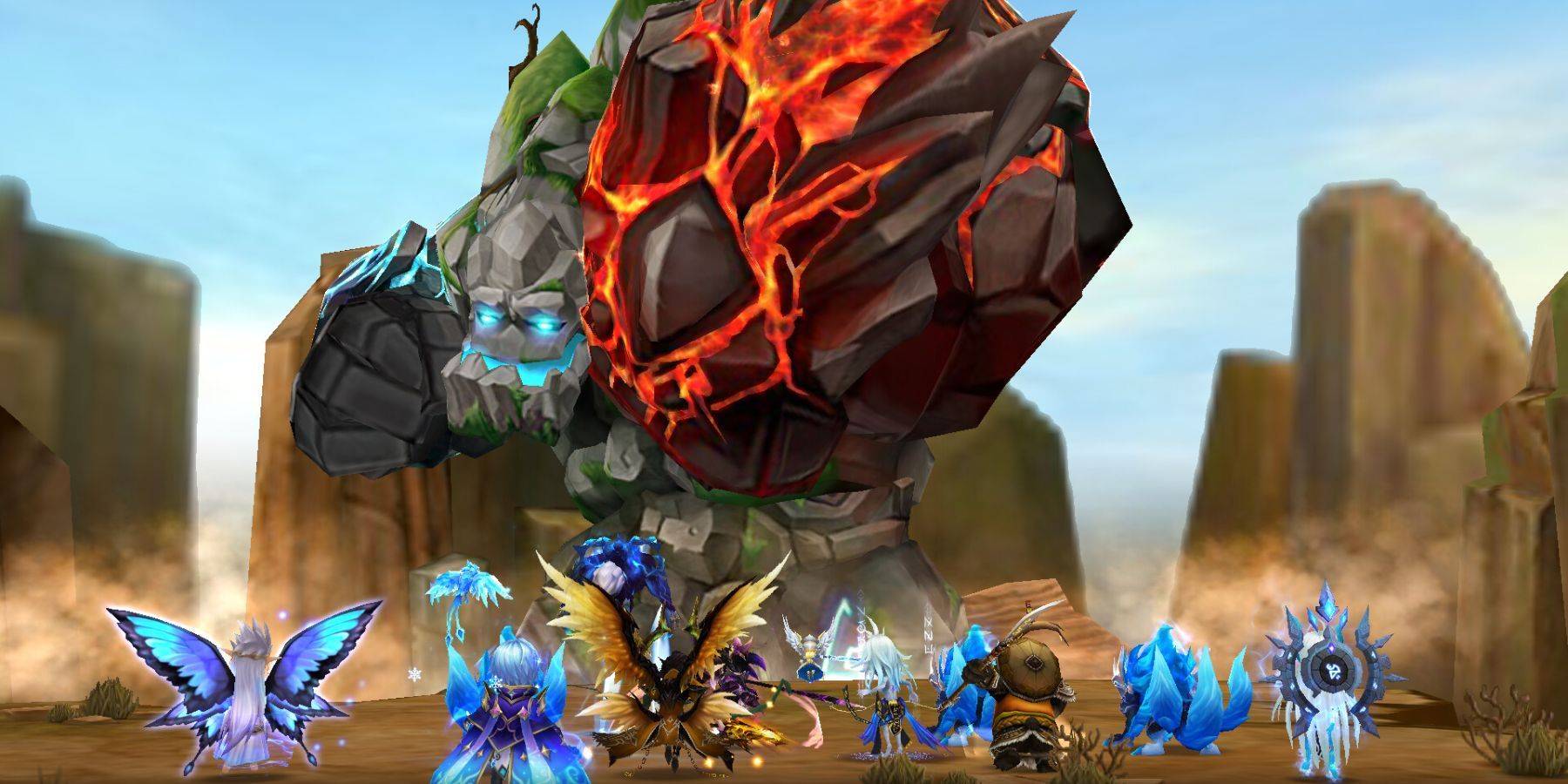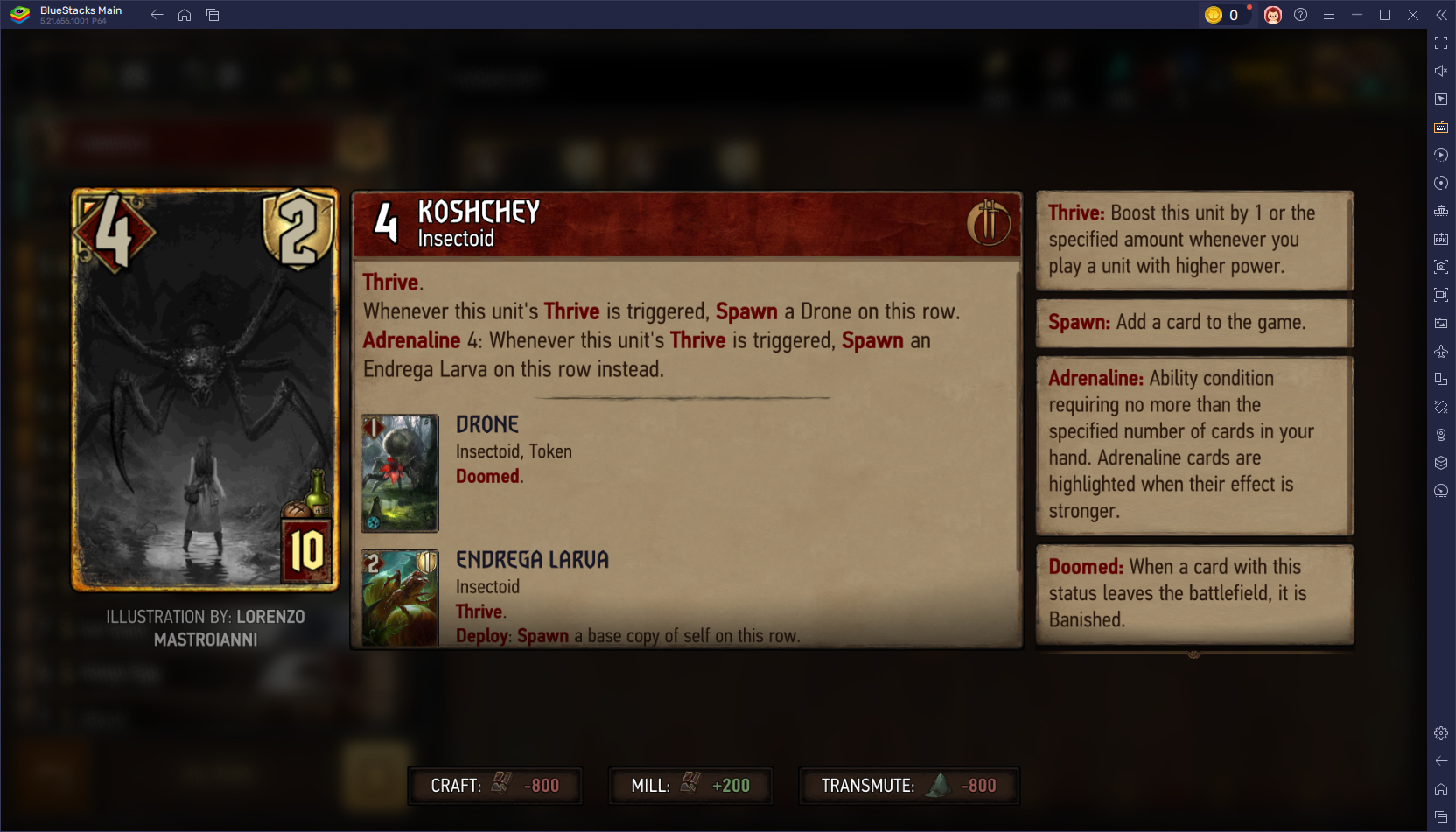Yoko Taro Hails ICO as Revolutionary Gaming Masterpiece
- By Mia
- May 06,2025

Yoko Taro, the visionary behind acclaimed titles like NieR: Automata and Drakengard, has openly discussed the profound impact of ICO on video game artistry. Released in 2001 for the PlayStation 2, ICO swiftly garnered a cult following due to its minimalist aesthetic and compelling, wordless narrative.
Taro emphasized how ICO's central mechanic, where players guide the character Yorda by holding her hand, revolutionized gameplay conventions at the time. "If ICO had you carrying a suitcase the size of a girl, it would have been incredibly frustrating," Taro noted. He highlighted that leading another character was a groundbreaking concept, challenging the traditional views on interactivity in gaming.
During that era, successful game design often focused on maintaining engagement even when gameplay elements were reduced to basic cubes. ICO, however, broke this mold by prioritizing emotional depth and thematic richness over mere mechanical innovation. Taro believes the game demonstrated that art and narrative could transcend their typical roles as mere enhancements to gameplay, becoming essential elements of the experience.
Labeling ICO as "epoch-making," Taro credits it with altering the course of game development. He lauded the game for showing that video games could convey deep meaning through subtle interactions and atmospheric design.
Beyond ICO, Taro also acknowledged the significant influence of two other games on both himself and the gaming industry: Undertale by Toby Fox and LIMBO by Playdead. He argues that these games expanded the horizons of what interactive media can express, affirming that video games are capable of providing profound emotional and intellectual experiences.
For enthusiasts of Yoko Taro's creations, his appreciation for these games provides a window into the creative influences shaping his work. It also highlights the continuous evolution of video games as a dynamic and versatile art form.
Latest News
more >-

-
-

-

- Jan 2025: New Summoners War Codes Released
- Dec 20,2025
-




